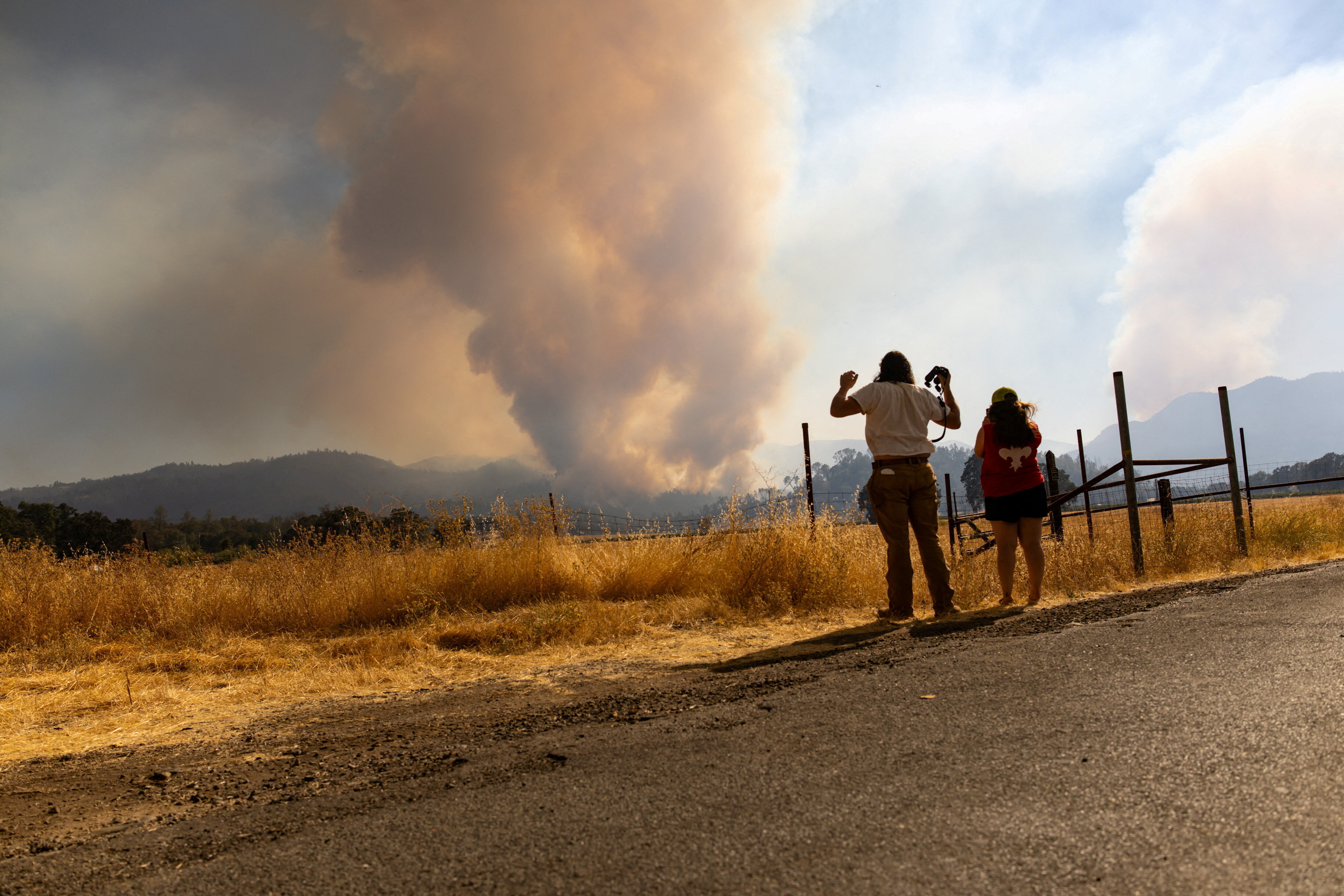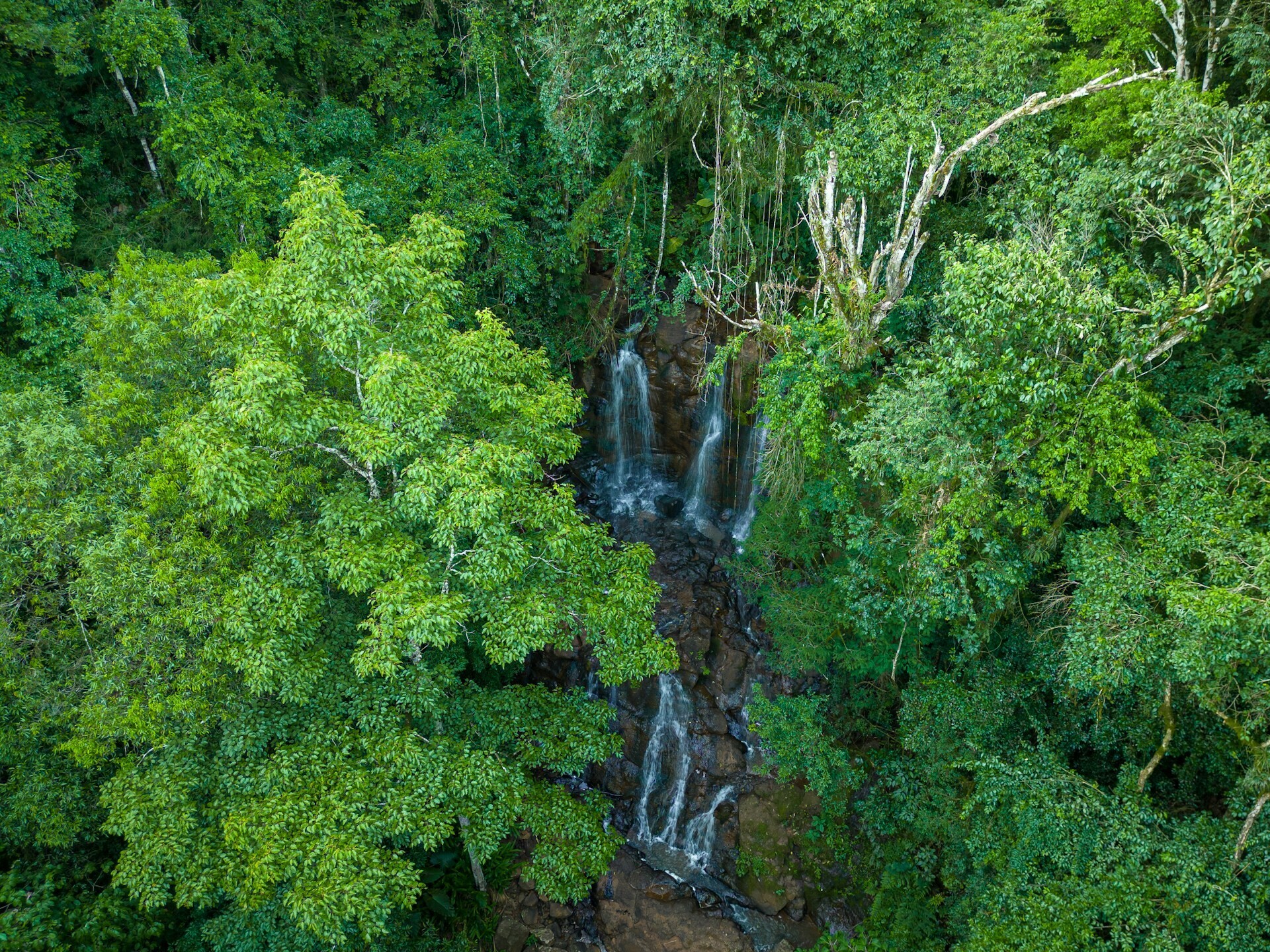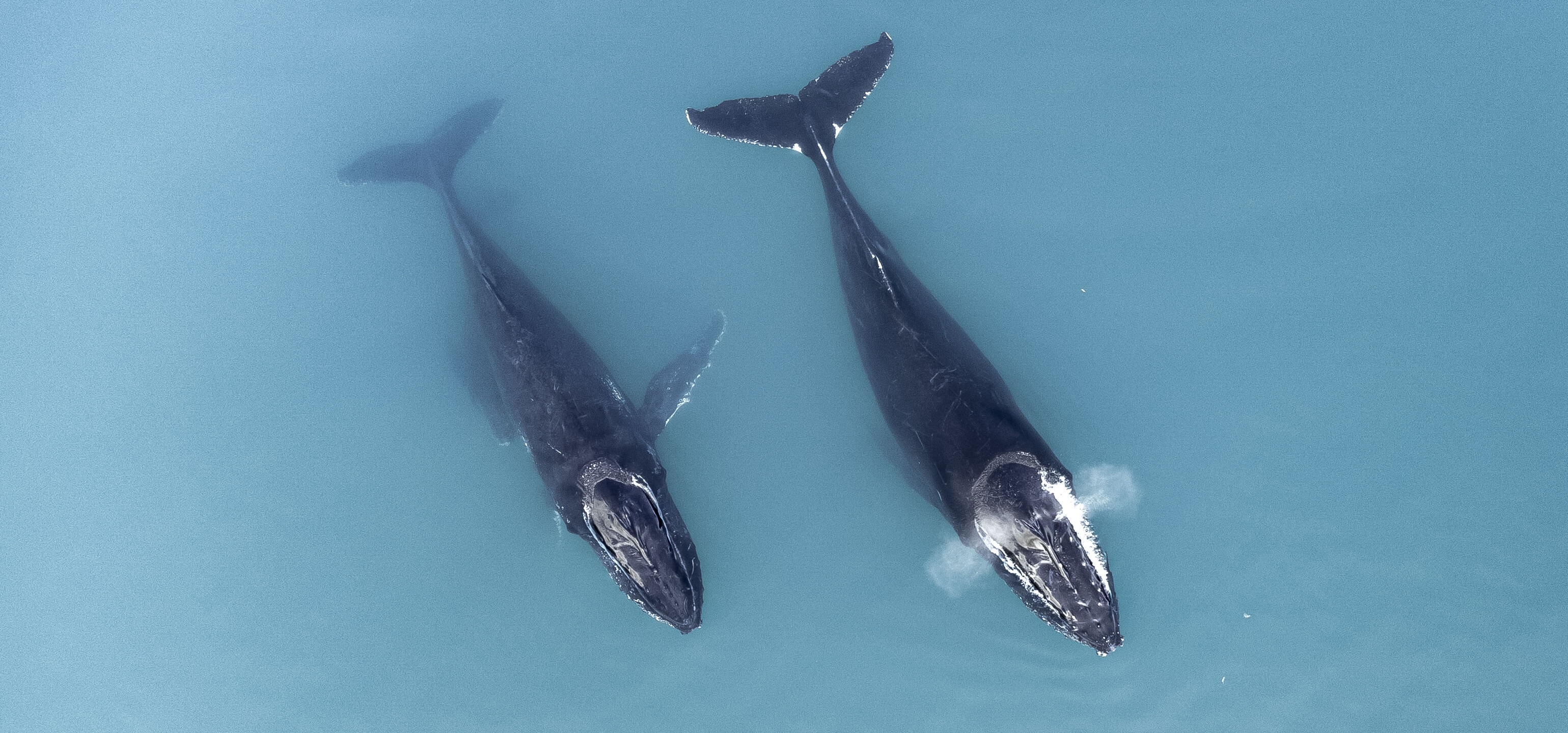Why saving the world's coral reefs is a generational responsibility

Between 70% and 90% of coral reefs could be lost even if global warming is constrained at 1.5 degrees. Image: Getty Images/iStockphoto/vlad61
Carlos M. Duarte
CEO, G20 Global Coral R&D Accelerator Platform, King Abdullah University of Science and Technology (KAUST)- As well as being beautiful underwater ecosystems, coral reefs generate hundreds of billions of dollars and support the livelihoods of millions of people.
- But climate change is devastating tropical reefs, with living corals already nearly wiped out in some parts of the world.
- Deploying the necessary science and tech at scale to save coral reefs will require global collaboration on financial resources and logistical capabilities.
The world’s coral reefs are on the front lines of the climate emergency.
In 2022, scientists gravely warned that greenhouse gas emissions were on track to breach the Paris Agreement’s 1.5oC warming threshold above pre-industrial levels in a decade, the “safe” limit to avoid dangerous anthropogenic climate change. Alarmingly, the speed of warming is outpacing even the direst predictions: What was projected to take a decade, unfolded in a single year.
Since this critical level was breached in July 2023, the world has experienced relentless warming. The 1.5°C warming threshold has been exceeded in 21 out of the last 22 months. This has had devastating consequences for tropical reefs, with living corals nearly wiped out in some regions, such as Florida. Even the Red Sea, which hosts some of the world’s most thermal-resistant corals, is being impacted.
Have you read?
This acceleration is deeply concerning. About half of the world’s living coral was lost between 1950 and 2010. A further 14% was lost in the following decade and a staggering 30% may have been lost since July 2023. The Intergovernmental Panel on Climate Change (IPCC) predicts that 70% to 90% of coral reefs will be lost even if global warming is constrained at 1.5oC. This is a death knell for these ecosystems, which support a third of all marine species and provide vital coastal protection, fishery and biotechnology resources.
Why coral reefs matter
This isn't just about preserving a beautiful underwater world. Coral reefs generate hundreds of billions of dollars annually, supporting the livelihoods of hundreds of millions of people.
We are moving away from the stable climate system that has propelled human development for the past 10,000 years, towards an era of extreme events. The destruction of corals will trigger a domino-effect – from collapsing fisheries and coastal erosion, to threatening the existence of low-lying island nations, which will be deprived of the protection coral reefs have offered for millennia.
The risk is that our grandchildren will learn about coral reefs alongside dinosaurs, in colouring books. Instead, imagine reading a book to a child that tells the story of how we banded together and saved the coral reefs, so that they could also enjoy them.
We stand at a crossroads. We can continue sleepwalking towards oblivion, allowing these precious productive ecosystems to crumble, with consequences felt for generations. Or, we can rise to the challenge and become the generation that saved coral reefs.
So, is it too late to act? Not yet. The narrative of inevitable decline is premature.
From lab to coral reef: Deploying science at scale
Currently, global governance systems such as UN conventions treat coral collapse as a passive crisis, rather than an opportunity to intervene for targeted intervention. A reactive mindset dominates, focused on symptoms, not solutions.
But we have the science and technology to enhance coral resilience, forecast degradation and scale restoration. This will reduce emissions, remove excess greenhouse gases, improve water quality and prevent physical impacts, such as those from damaging fishing and tourism practices.
Coral reefs risk collapse by 2035. We must deploy these scientific solutions rapidly and at scale, as soon as they are ready, to short-circuit the 15 to 20-year waiting time between research and application.
This will require a rapid influx of financial resources and the logistical capabilities to conserve and repair coral reefs everywhere. This is feasible when we bring this challenge to a human scale – assisting and restoring just 10% of each coral reef could significantly aid its health and survival. After recently counting 1.5 million reefs globally, each about 0.3 hectares in characteristic size, my research indicates that a dedicated team assigned to a reef could achieve this within one year, with the right access and support.
A generational movement to save coral reefs
Even with the best science and tech, preventing the loss of coral reefs will require a global collaborative effort. We have the capability, but we need the coordination, financing and political will. Gathering these elements is not impossible – we have seen the world mobilize and cooperate at this scale before to address the COVID-19 pandemic.
The G20 Global Coral R&D Accelerator engages scientists from more than 60 nations to collaborate on fast-tracking scientific solutions. At the King Abdullah University of Science and Technology (KAUST), we have launched the world’s largest coral conservation project, KAUST Coral Restoration Initiative. It aims to restore over 100 hectares and ensure half a million coral colonies are ready to be planted at sea every year.
We must act rapidly to mitigate the pressures impacting coral reefs. The United Nations Oceans Conference from 9-13 June 2025 is a crucial opportunity to galvanize global action. Let's make sure the whole world hears the ocean's cry – and let’s respond with the urgency it deserves.
Don't miss any update on this topic
Create a free account and access your personalized content collection with our latest publications and analyses.
License and Republishing
World Economic Forum articles may be republished in accordance with the Creative Commons Attribution-NonCommercial-NoDerivatives 4.0 International Public License, and in accordance with our Terms of Use.
The views expressed in this article are those of the author alone and not the World Economic Forum.
Stay up to date:
Ocean
Related topics:
Forum Stories newsletter
Bringing you weekly curated insights and analysis on the global issues that matter.
More on Nature and BiodiversitySee all
Ruth Boumphrey and Alfredo Giron
January 27, 2026






